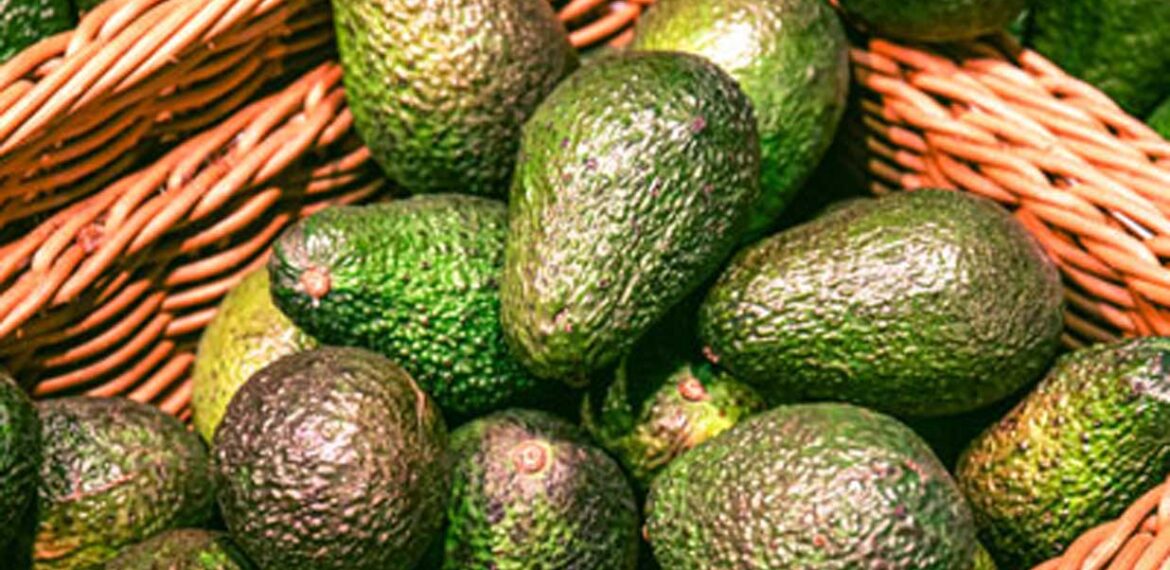
Exploring Agriculture as an Investment: Convenience Meets Opportunity
Exploring Agriculture as an Investment: Convenience Meets Opportunity
In today’s dynamic investment landscape, finding avenues that offer both convenience and profitability is a priority for many investors. One such avenue that continues to gain traction is agriculture. Beyond the traditional notions of farming, agriculture presents a wealth of investment opportunities that offer convenience, stability, and the potential for long-term growth.
The use of agriculture in investment ideas is a great way to enjoy
convenience . That makes it essential you understand some of the ideas through which agriculture can help you get returns on investment.
Diverse Investment Options: Agriculture encompasses a broad spectrum of investment opportunities, ranging from farmland and agricultural commodities to agribusinesses and agricultural technology companies. This diversity allows investors to tailor their investments to their financial goals, risk tolerance, and investment preferences.
Tangible Assets: Investing in agriculture often involves acquiring tangible assets such as farmland, crops, livestock, or machinery. Unlike intangible assets like stocks or bonds, these physical assets provide investors with a sense of security and stability, making agriculture an attractive option for those seeking tangible investments.
Stable Returns: Agricultural investments have historically demonstrated stable and predictable returns over the long term. While commodity prices may fluctuate in the short term due to factors like weather conditions and market demand, the underlying value of agricultural assets tends to appreciate steadily over time, offering investors a reliable source of income and growth.
Inflation Hedge: Agricultural investments serve as a natural hedge against inflation. As food prices and land values tend to rise during periods of inflation, agricultural assets offer investors a reliable means of preserving purchasing power and maintaining the value of their investment portfolios.
Sustainable Growth: Investing in agriculture supports sustainable economic development and food security. With the global population on the rise, the demand for agricultural products is expected to increase, presenting long-term growth opportunities for investors while addressing critical societal needs.
Portfolio Diversification: Including agriculture investments in a diversified portfolio can help reduce overall investment risk. Agricultural assets have historically exhibited low correlation with traditional financial assets such as stocks and bonds, providing diversification benefits and enhancing portfolio resilience.
Environmental, Social, and Governance (ESG) Considerations: Many agriculture investments align with environmental, social, and governance (ESG) principles. Sustainable farming practices, responsible land management, and support for local communities are integral aspects of many agriculture investment strategies, appealing to socially conscious investors.
In conclusion, the use of agriculture in investment ideas offers convenience, stability, and the potential for sustainable growth. Whether through direct ownership of farmland, investments in agricultural funds, or participation in agribusiness ventures, agriculture presents compelling opportunities for investors seeking convenience and long-term returns in today’s ever-changing investment landscape.
(Source: Loal)

